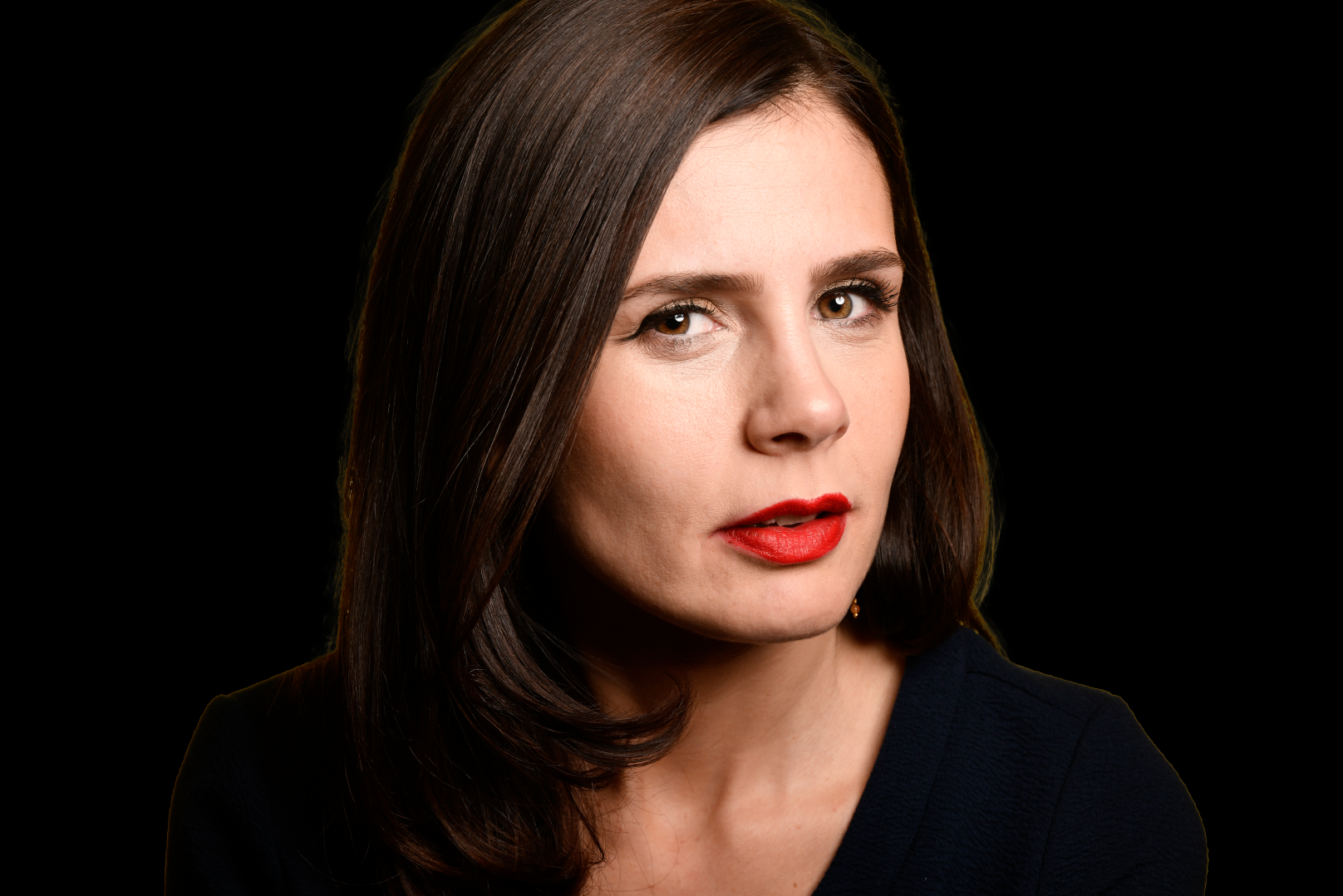
Daniel Mulloy: “Any film you could make anywhere else you could make in Kosovo”
BAFTA winner talks refugee crisis, Kosovar cinema and his favorite 'cajtores' with K2.0.
|03.03.2017
|

Dafina Halili
Dafina Halili is a senior journalist at K2.0, covering mainly human rights and social justice issues. Dafina has a master’s degree in diversity and the media from the University of Westminster in London, U.K..
This story was originally written in English.